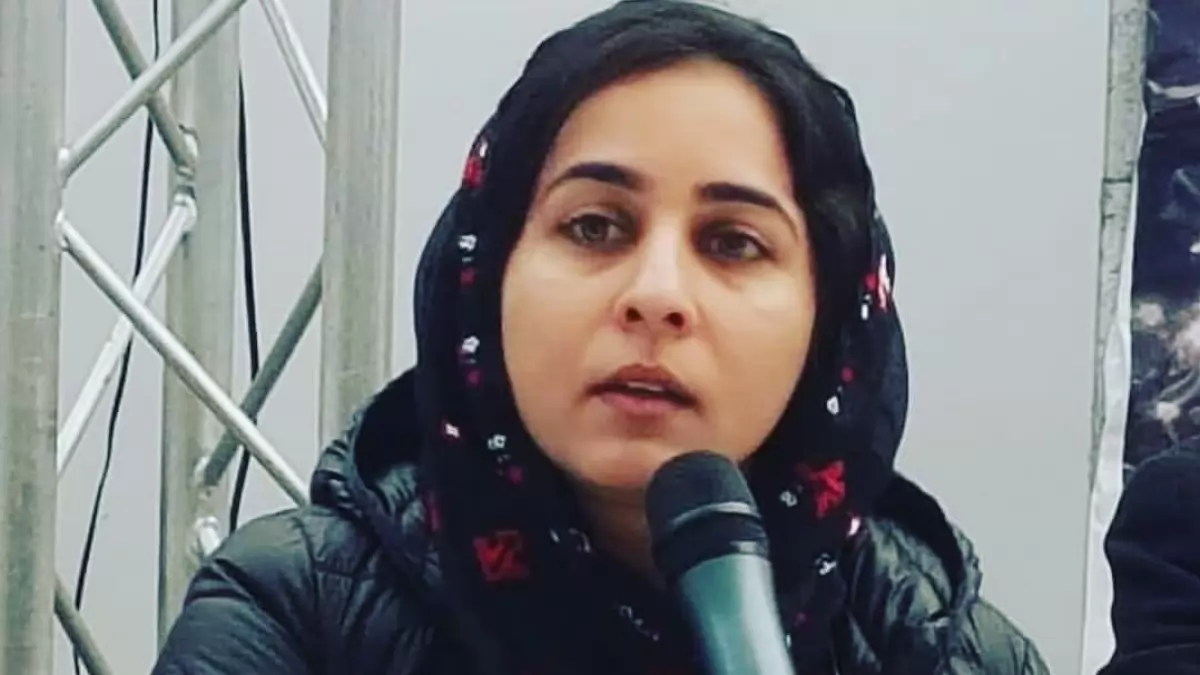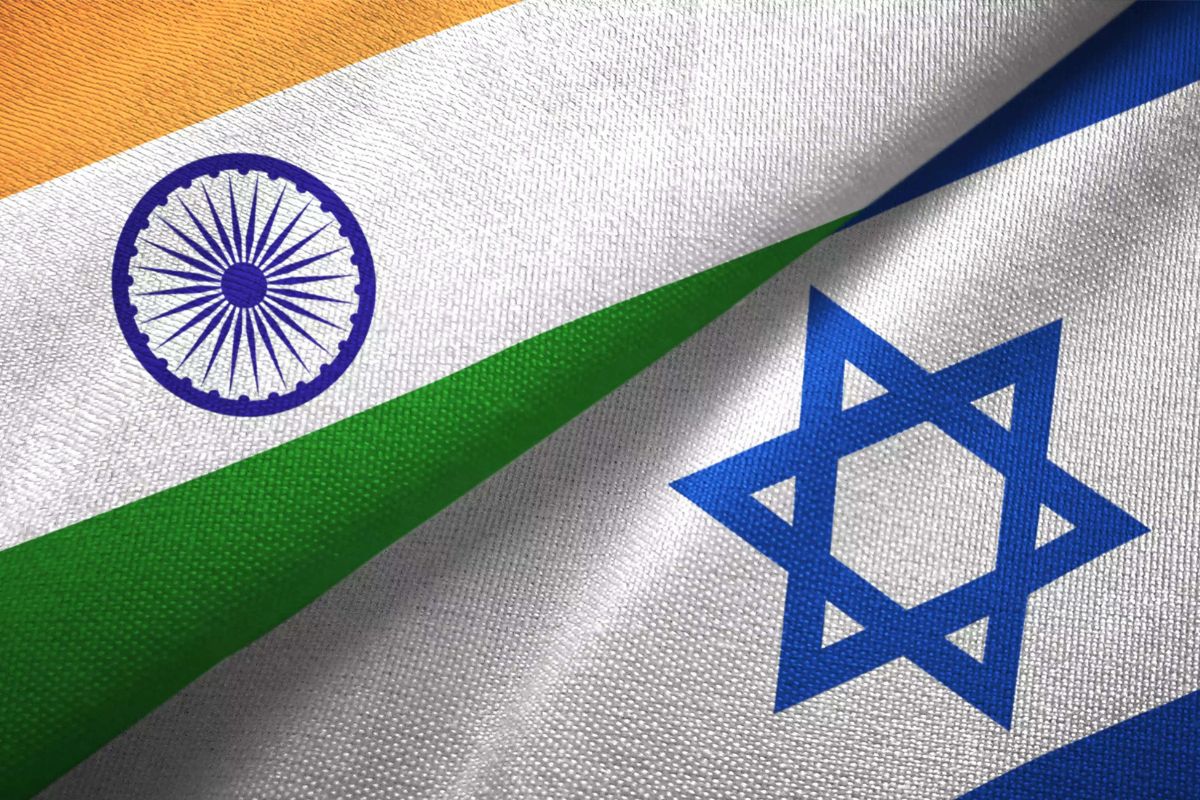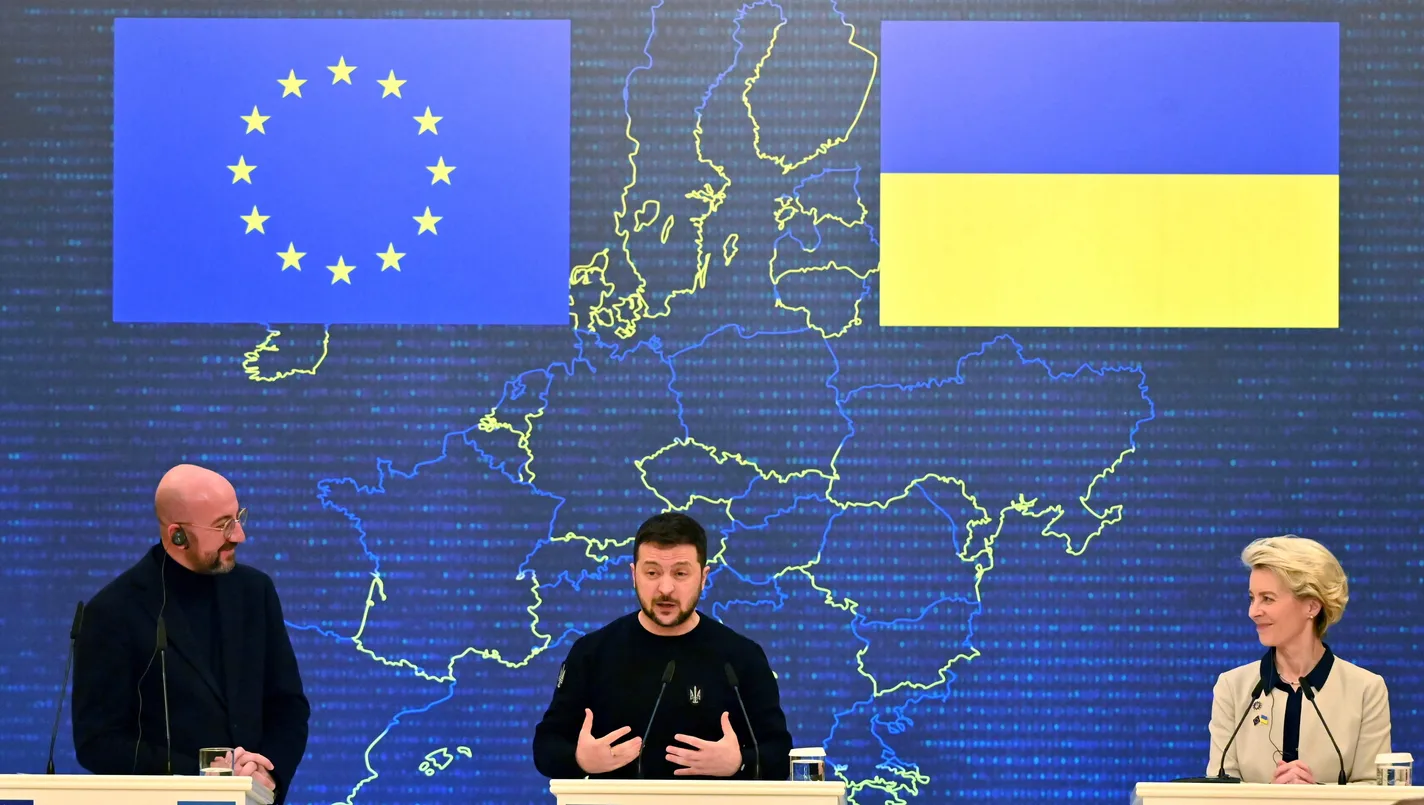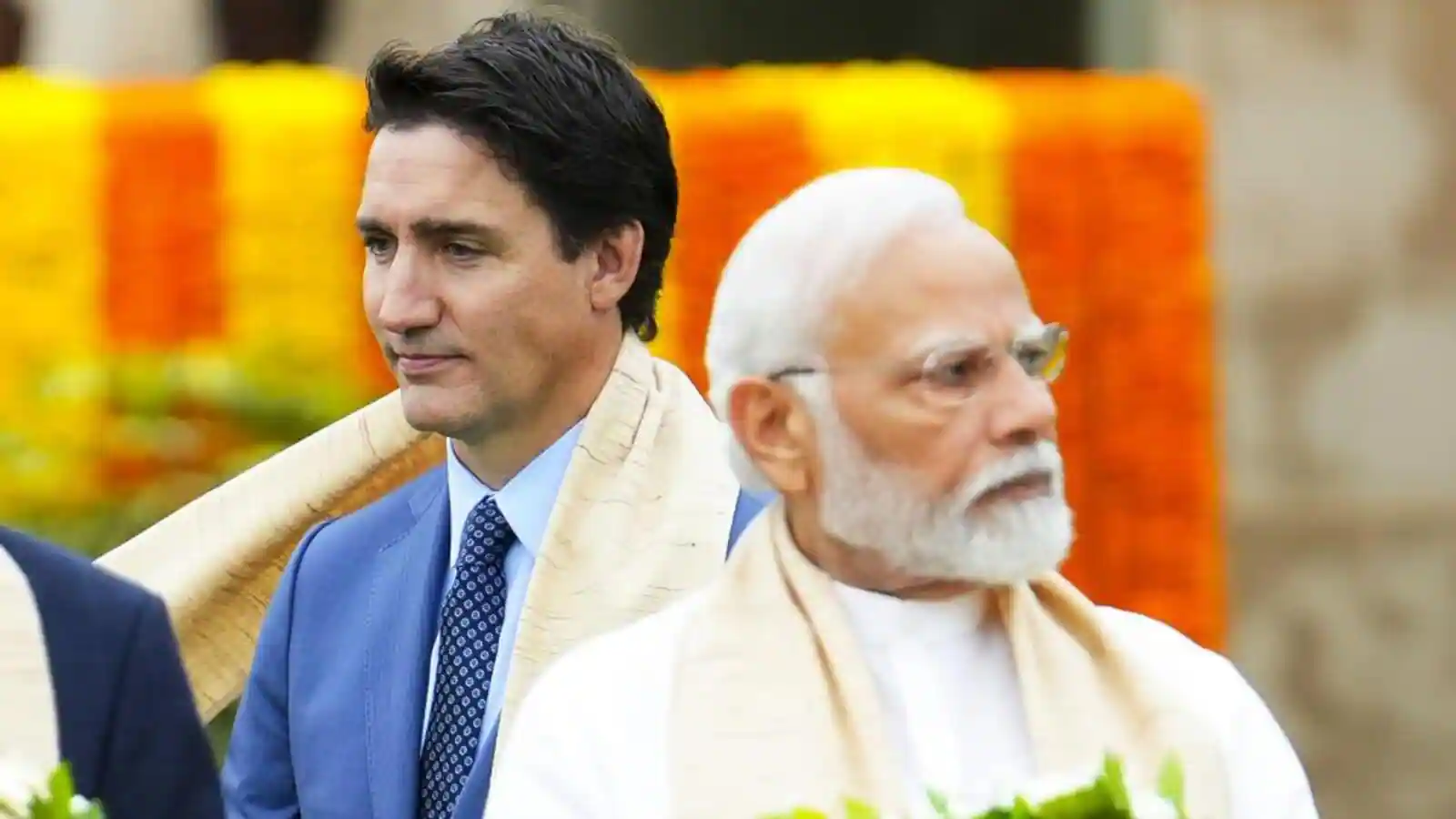The two main tenets of Golwalkar’s philosophy are his critiques of the Indian constitution, his nation-building philosophy, and his treatment of minorities. While the conversation covered a wide range of topics related to Golwalkar’s philosophy and the development of the RSS, it’s important to examine how their ideas actually affect people in the real world, particularly India’s minority populations.
The controversial ideology of Golwalkar
In his book “We or Our Nationhood Defined,” published in 1939, Rashtriya Swayamsevak Sangh (RSS) leader M.S. Golwalkar stated his divisive opinions. He made troubling claims in this book regarding ethnic pride and the extermination of Semitic races, drawing comparisons to Nazi Germany. These claims are criticised for reflecting an exclusive and divisive worldview. Hindutva nationalists contend that his comments should be viewed as a whole and that cherry-picking individual phrases does not adequately capture his beliefs.
A panellist cited Golwalkar’s 1972 conversation with Khushwant Singh as evidence against this claim, in which he ascribed the split allegiance of Muslims to historical causes. This suggests a rhetorical change from his earlier texts. The current RSS leader, Mohan Bhagwat, has also adopted a more accommodative stance, highlighting the shared ancestry of Hindus and Muslims and denouncing lynchings, which he identifies with people opposed to Hindutva.
A Changing Rhetorical Environment
The rhetorical development between Golwalkar’s writings and Bhagwat’s pronouncements in 2018 is noteworthy and demonstrates a change in how the public perceives the RSS. But it begs the issue of whether the organisation’s activities and teachings have changed to reflect this shift in vocabulary.
The RSS’s Effect on India’s Social Structure
The RSS’s influence on India’s social fabric, not how it was articulated, is the actual test of its impact. The RSS is criticised for fostering a divisive worldview based on “hate other” attitudes. They assert that this philosophy is spread via right-wing IT cells and social media platforms, as well as by local RSS shakhas (RSS branches) and Sarswati Vidyalayas (RSS-run schools). They claim that this has created a divided society and a minority of marginalised Muslims.
In this regard, Golwalkar’s 1937 observations about the challenges of integrating many cultures and ethnicities have worrisome current applicability. Questions concerning minorities’ role in Indian society are still being raised in the wake of incidents of violence motivated by religion and prejudice against them.
Lynchings and Silence in Politics
Critics claim that the RSS leadership, including Mohan Bhagwat, was noticeably silent at a time when there were several lynchings. They highlight a “division of labour” in the RSS ecosystem that shields the parent company from activities on the ground.
Dog whistle politics’ function
Dog whistle politics is another issue brought up by critics, who provide instances from well-known figures like the present prime minister and former RSS pracharak. Statements like “They can be recognised by their clothes,” “Hum do hamare do-wo panch unke pachis,” and “shamshaan-kabristaan” are perceived as signs that promote hatred, violence, and polarisation in society.
Influence of the RSS on Policy
Concerns should be raised about the RSS’s impact on Indian policies. Some contend that Golwalkar’s outlook from 1939, which emphasised ancient writings like the Manusmriti and made no mention of India’s constitution, continues to influence the RSS’s viewpoint.
Disputes about India’s Constitution
Under Golwalkar’s leadership, the RSS’s unofficial mouthpiece, Organiser, criticised the Indian constitution for excluding Manu’s laws and India’s historical history. Different viewpoints are legitimate, according to nationalism proponents, but the constitution has to change to represent India’s history, culture, and civilization. They contend that the constitution needs to be decolonized to remove impacts from the colonial past.
Democratic and secular values are in danger.
The philosophy of the RSS, according to critics, seriously jeopardises the democratic and secular principles of India. According to some academics, relegating India to the status of a “civilization state” and separating it from constitutional ideals like socialism, secularism, justice, equality, and liberty will weaken the fundamental tenets of the Indian state.
It is complicated and varied to talk about M.S. Golwalkar, the RSS, and their influence on India’s political and social environment. Although there have been rhetorical changes throughout time, the RSS’s essential beliefs continue to be contentious. While supporters of nationalism urge a reevaluation of India’s constitutional ideals, detractors claim that the organisation promotes divisive beliefs that have practical repercussions for minority populations.
It is crucial to consider how Golwalkar’s legacy continues to affect the social and political fabric of the country as India wrestles with these ideological disputes and if the RSS’s evolving stance may actually result in a more inclusive and peaceful society.
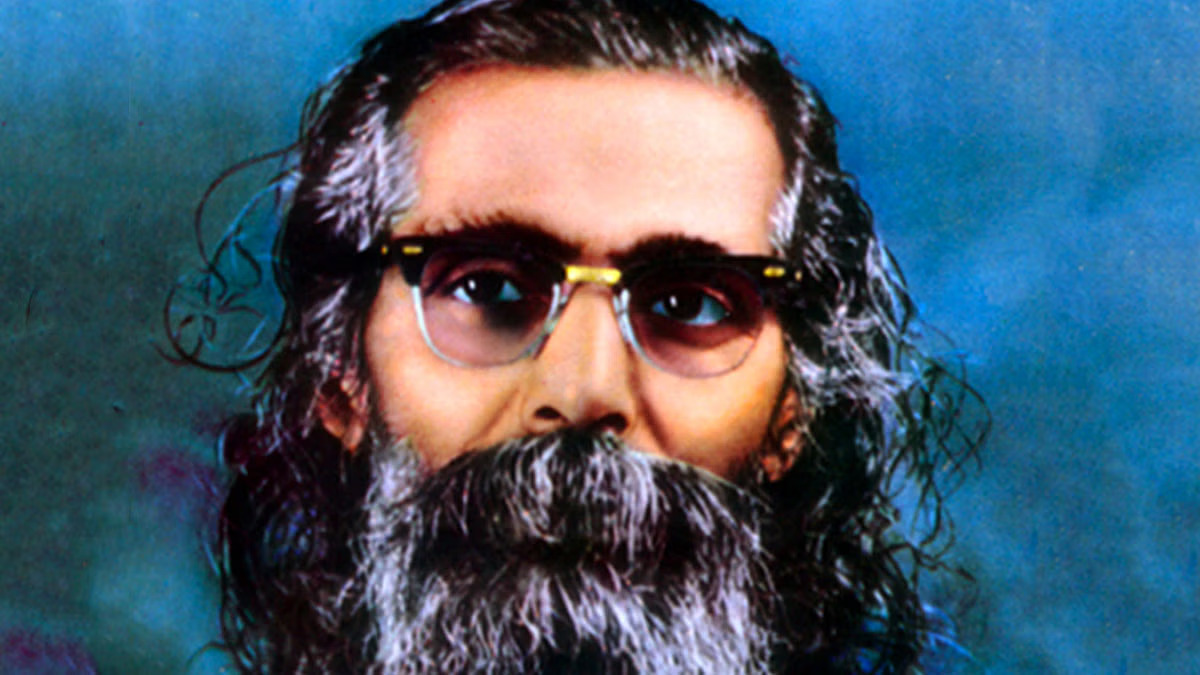

Add a comment


